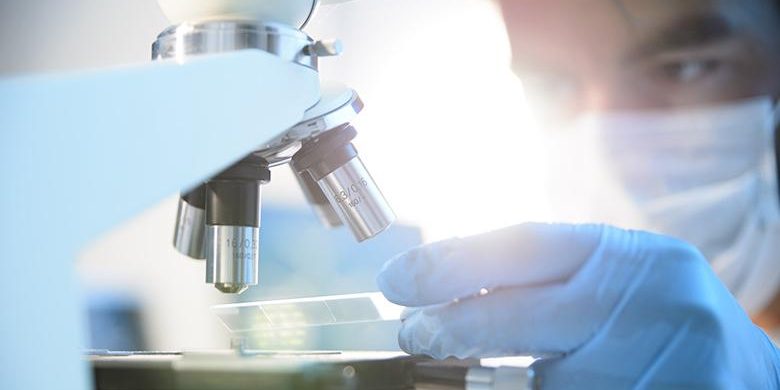A large-scale HIV vaccine efficacy study also known as the Mosaico study has been stopped for non-efficacy.
This study which has been taking place in several countries in North and South America and Europe sought to test the safety and efficacy of the adenovirus26-based vaccine regimen among 3,900 cis-gender men and transgender individuals who have sex with cis-gender men.
According to a statement released by Janssen Pharmaceuticals, the makers of the vaccine that was under phase 3 study, an independent data and safety monitoring board had reviewed the trial data and found that the regimen did not meet the pre-defined criteria for efficacy and recommended that the study be stopped and trial participants informed.
The Mosaico study used a similar version of the vaccine regimen in its companion study, the Imbokodo trial, which was stopped in August 2021 as it also did not significantly reduce the overall risk of HIV acquisition among over 2,600 cis-gender women in five sub-Saharan African countries.
While making a statement about this development, the Global HIV prevention agency AIDS Vaccine Advocacy Coalition (AVAC) noted that HIV remains a global threat and the failure of this doesn’t mean that the need for a vaccine is over.
“The science of HIV vaccine development is extremely challenging. HIV remains a global threat, and a safe, efficacious and accessible HIV vaccine is still needed to provide a durable end to the pandemic. At the same time, we now have more proven HIV prevention options than ever before, but they are not reaching everyone who needs and wants them,” the statement reads in part.
The agency urged that even as researchers continue the work of accelerating HIV vaccine research, the broader HIV response must act as if we may never have a vaccine and prioritize the rollout of existing prevention options and research for additional ones.
However, while the just discontinued vaccine regimen was not effective in preventing HIV infection compared to the placebo among study participants, the company notes that there were no safety issues identified in the study.
Throughout the trial which began in 2019, the pharmaceutical company says study investigators ensured that any individuals who contracted HIV received prompt HIV treatment and care.
Vaccinations for the study stopped in October 2022 and had participants that were recruited at over 50 trial sites in Argentina, Brazil, Italy, Mexico, Peru, Poland, Puerto Rico, Spain and the United States.


